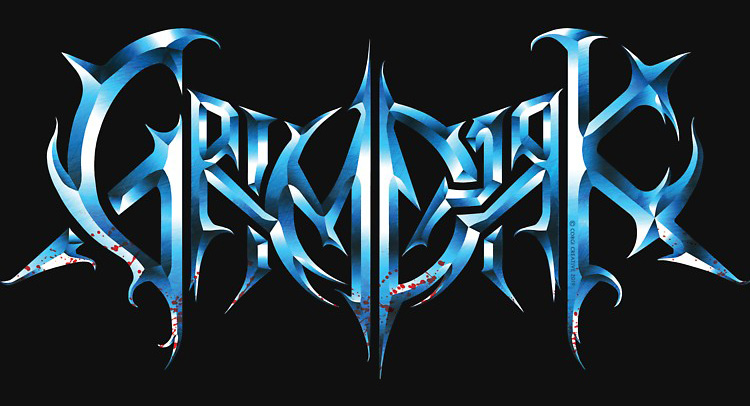If you’re a reader of sci-fi / fantasy you may have heard the word “grimdark.” It’s a fairly recent neologism, coined by fans of the elaborately macabre Warhammer 40,000 fictional universe, whose tagline describes the “grim darkness” of its bleak future. The word “grimdark” came to describe the often over-the-top, satirical bleakness and violence of the setting.
Over the last decade or so, “grimdark” has applied to a wide range of fictional universes and creators, in a more or less tongue-in-cheek fashion. Some authors have applied it to their own work — one early example being Joe Abercrombie, author of the darkly comic (and comically dark) First Law series.
The word is, more or less, a meme.
As such, any real definition of the term remains murky. “Grimdark” isn’t a set of aesthetic tropes or settings like, say, steampunk. It encompasses a wide spectrum of authors and individual works — gritty, often horror-infused, generally involving antiheroes in ‘dark’ or dystopian, quasi-historical settings. (If you guessed Game of Thrones would be accused of grimdark, you’d be right.) Small communities and fanbases have formed around “grimdark” fiction to discuss and share and, inevitably, market such works, but usually without a strict definition of the term.
The category’s wide banner is, I think, one of the keys to its popularity. Grimdark is above all a feeling, and its nebulous nature is fertile grounds for discussion of all kinds of works by all kinds of creators. As you might say about another certain derided genre of art, “I know it when I see it.”
Naturally, there’s been a backlash against “grimdark” both as a term and a concept, and a backlash to that backlash. Grimdark even has vocal detractors, who use the word pejoratively to describe works they dislike, typically fantasy texts perceived as insufficiently optimistic. Right-wing writers at Breitbart have decried the “bankrupt nihilism” of this type of fantasy, and liberal-trending online reader communities have decried it on almost identical grounds. There are, in the mix, overlapping debates about the potential hazards of thematic pessimism on sensitive or suggestible readers, and about the role of privilege among (mostly white, mostly male) authors with regards to depicting certain forms of oppression and violence.
Underpinning many of these debates are competing philosophies, often unarticulated and perhaps unexamined at the root, about the moral purpose of fiction. In this essay, I will…
No. No, I won’t. I came here to post a dang t-shirt.
Point is, I think “grimdark” is a hilarious word and a vibrant community. George R.R. Martin, Joe Abercrombie, Glen Cook, Anna Smith Spark and a whole host of “grimdark” authors have brought me great reading pleasure over the years, and sparked lively conversations with people I’ve come to call friends.
I’ve decided to honour them with this t-shirt design inspired by early extreme metal pioneers like Obituary, Sepultura and so forth — the grimdark of music.
“Grimdark” of course is not an existing band, but you’ll feel very metal wearing it. Click onward to Teespring and get your own!

